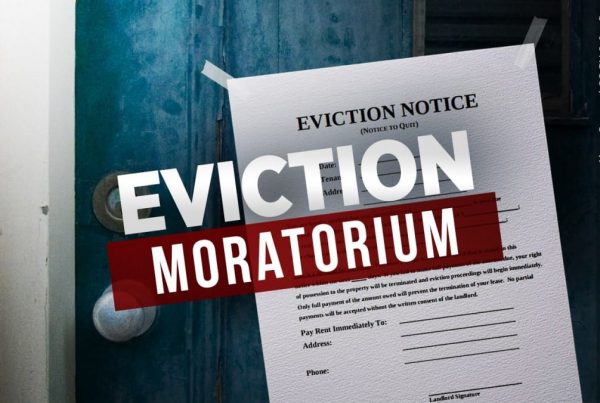You don’t have to deal with these issues very often, but when you do, you NEED to know exactly how to handle them to avoid being financially liable. Can you evict only one tenant instead of everyone listed on a lease? How do you tell what is garbage, and what requirements must you follow when storing a tenant’s belongings? If your tenant dies, then what do you do with his or her belongings, and who can you allow access to the person’s unit?
Domestic violence in your rental unit, a tenant’s abandoned property, and the death of a tenant are all situations that have specific requirements. I’ve included the main requirements that most landlords don’t know and/or handle incorrectly. If you want an in-depth three-hour class that goes through all the details you need to know, then click here (www.RPMEducation.org) to view our upcoming classes. We typically have this class scheduled at least a couple of times each year.
If you have the unfortunate experience of domestic violence occurring in your rental unit, you will want to proceed with caution. The first thing is to make sure you have enough evidence to believe it is actually happening. That can be as little as a convincing conversation with the victim or hearing a neighbor’s account of the events. This is one of the very few times when you can evict ONE person on the lease and not the entire household. Keep in mind, though, that it will take at least one to four weeks to complete the eviction, depending on what county your unit is located in.
Before serving official notices, talk with the victim of domestic abuse to see if the person wants the opportunity to move or to contact a nonprofit domestic violence support organization and/or get a restraining order. If your tenant gets a fully executed restraining order in Oregon, it is essentially the same as an instant eviction judgment. You (the landlord) are allowed to change the locks and treat the perpetrator’s belongings according to abandoned property laws.
Whether it is due to domestic violence or any other reason, if a tenant leaves anything that isn’t OBVIOUSLY garbage behind, then you must follow the abandoned property laws in Oregon. If tenants leave any animals, you are not required to care for them and can call animal control or a local animal shelter to take them right away. Everything else you must take care not to damage and to protect from theft. You can leave the belongings inside the unit or move them to a secure garage or any other secure storage space.
You can charge tenants reasonable storage fees on their move-out accounting, as well as for any expenses related to moving, storing, or selling their items. If you use the proper forms, then tenants have five days to contact you to schedule a time in the following fifteen days to come and pick up their stuff. It must be during a “reasonable” time, but given that the tenants are saving you the expense of disposing of their stuff, I would suggest being flexible within reason. If tenants leave behind any vehicles, ATVs, boats, or trailers that may have a title, then you must follow some additional requirements and extended timelines.
If tenants don’t get their belongings by the deadline, then you can throw away, donate, or even sell their possessions. If you sell the items, then you must credit the proceeds on the tenants’ move-out accounting. At no point can you profit from the sale or keep anything for your own use. There are also additional requirements if the property is abandoned due to your tenant passing away without any roommates.
If you have a tenant pass away that lives alone and you discover the body, the first thing to do is call 911 and follow their instructions to verify that the person is not alive. Don’t touch anything, as this is a crime scene until the authorities investigate. Let them do their job, and make sure that you provide your contact information to the officer in charge in case any family members or heirs need to contact you. You will most likely need to hire a crime scene decontamination technician to finish the cleanup after the body is removed. Trust me when I tell you that this is a very bad time to try and save some bucks by hiring a generic cleaning company; go with the trained professionals. Yes, you can charge the cost to the tenant’s security deposit accounting.
Don’t grant anyone access to your tenant’s belongings without solid proof that they are the rightful heir, executor, etc. They should be able to show you something official granting them the right to take care of the tenant’s possessions. If you let someone in that doesn’t have this right, then YOU are financially liable for anything they remove from the property. Dealing with a deceased tenant’s abandoned property is exactly the same, except that you have to send the notices to the deceased tenant (at the unit), heirs, devisees, representatives, and to the Estate Administrator of the Department of State Lands.
Dealing with these situations isn’t difficult, but you need to know the specific requirements to avoid accidentally being financially liable. Be sure to take our three-hour class that covers everything you need to know. Click here to view our upcoming classes (www.RPMEducation.org). Then when you have to deal with one of these situations in your rental units, remember to review your class materials and research any possible law updates.
Christian Bryant
Property Manager and Landlord Educator
RPMEducation.org (Landlord Education)
IRC Real Estate & Property Management (Prop. mngt., evictions, & property sales for investors)
RPMApplication.org (Free personalized online application for landlords)




